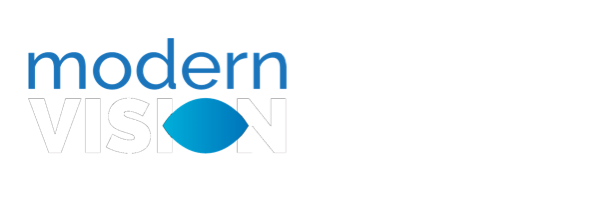Vision Correction FAQ | Drew Dickson, MD, Answers Your Vision Correction Questions
Published by on July 3, 2025
Drew Dickson, MD, Answers Your Vision Correction Questions
Curious about whether vision correction surgery can give you lasting results—and at what age it’s right for you? Drew Dickson, MD, joined KMTV Omaha Extra to tackle your most frequently asked questions about modern refractive procedures. Whether you’re considering LASIK or exploring advanced lens-based options, this video demystifies permanence, candidacy, and next-step solutions as your eyes evolve with age.
Is vision correction surgery permanent?: Why “Once and Done” Truly Means Forever
“Vision correction is permanent,” Dr. Dickson confirms at the very start of the segment. “When we’re doing things like LASIK or SMILE, we’re making permanent changes to the eye to fix people’s prescription.” That means—once your cornea has been reshaped—your distance vision remains crisp without glasses or contacts for years to come.
But permanence doesn’t preclude upgrades. Dr. Dickson explains that lens-based technologies such as EVO ICL provide “long-standing correction that can actually be upgradable over time.”
Which vision correction surgery options are best at different ages?
One of the most common vision correction questions is: “Is there a right age—or a wrong age—for vision correction?” Here’s a quick breakdown from the interview:
- 18–22 years old and up: Ideal for corneal procedures (LASIK, SMILE, EVO ICL), once your prescription has stabilized. “Most patients have reached that point by the time they’re 18 to 22,” Dr. Dickson notes.
- 40s–50s: Natural presbyopia (“near vision” changes, or Dysfunctional Lens Syndrome) often emerges. This is when Refractive Lens Exchange (RLE) becomes a top choice to maintain reading comfort without glasses.
- 60s–70s and beyond: As cataracts develop, cataract surgery with advanced intraocular lens (IOL) options can restore clear vision and reduce dependence on eyewear.
Why Kugler Vision?
At Kugler Vision—your Modern Vision Omaha partner practice—we offer the full spectrum of refractive solutions and the expertise to guide you through each life stage. From our in-depth EyeAnalysis Exams to personalized treatment plans, our mission is simple: empower you with life-long, glasses-free vision.
Ready to explore which option fits your eyes and lifestyle?
📞 Call us today at (402) 558-2211.
See the world clearly—for life! Watch the full Omaha Extra interview with Dr. Dickson now and take the first step toward your new vision.
Kary: Hello. Welcome back to Omaha Extra. My name is Kary Wurth. Today, we’re at Kugler Vision. I’m with Dr. Drew Dickson. He is gonna answer some questions for us today about vision correction surgery. So first question I have is vision correction surgery permanent?
Dr. Dickson: Yes. So great question. That’s something we get asked all the time. So a lot of people are wondering, hey, if I’m going to go through and get something done to fix my vision, how long is that going to last? And so, the good news is that vision correction is permanent. And so, when we’re doing things like LASIK or SMILE, we’re making permanent changes to the eye to fix people’s prescription. There are other technologies, like the EVO ICL that we can put in the eye to offer a long-standing correction, too. That can actually be upgradable over time. What will happen for patients at some point as they get into their 40s and 50s, as they start to develop some natural age-related changes to the eye that can affect the near vision. So, at that point, they’re great candidates for something like a refractive lens exchange to get back out of glasses and contacts, or later in life, in 60s or 70s, can also get out of glasses by having cataracts with some of our advanced lens technology.
Katy: Yeah. So there’s tons of options and procedures. Is there a right age or wrong age, too young, too old?
Dr. Dickson: Yeah.
Katy: Do we worry about that?
Dr. Dickson: So, typically, the earliest we would consider doing any sort of vision correction procedure is age 18. We want to make sure that that prescription is stable before doing that. Most patients have reached that point by the time they’re 18 to 22, that their vision is stable. So, typically, the younger 20s, 30s, 40s, we’re thinking about LASIK, SMILE, EVO ICL later in life, again, as people are having more near vision issues, think about refractive lens exchange or cataract surgery.
Katy: Okay. So there’s lots of things to consider when it comes time to possibly get your vision corrected. So, we’ve got all the information for you here today. We thank you so much for watching Omaha Extra, and we’ll see you next time.




Leave a Reply